“I’m not one for call out culture.” – interview with artist Sufea Mohamad Noor
April 2, 2021
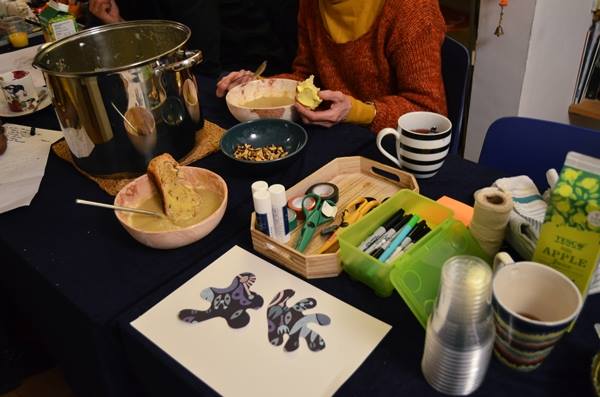
“You can be incredibly smart, but you can also be kind and caring; you can challenge all of these different theories and opinions, but you can also be warm and respectful.” Sufea Mohamad Noor believes in tackling big themes in her work, she also believes that you can challenge established narratives of race and interrogate post-colonial discourse without surrendering herself to a toxic ‘them and us’ culture which frequently plays out on in online spaces.
Sufea has finally got the keys to her studio and is just a few weeks into her residency at Metal. The residency, part of the Liverpool Independents’ Biennial that runs in parallel to the Liverpool Biennial, has been a long time coming. Sufea submitted her proposal two years ago and then saw the residency postponed last year, as we have collectively woven our way in and out of local and national lockdowns. Even now as her residency begins, COVID restrictions have meant that she has had to compromise some of her ideas.
This residency is meaningful for Sufea. Metal is one of the first galleries she volunteered for as a teenager. Metal’s approach, integrating food and art, was an early influence on her subsequent approach to her own practice. “I remember going to Metal as a teenager. I attended my first artist’s lunch and ever since then I’ve always thought, ‘oh my god, that’s amazing that you can use art and food to bring people together’.”
Conversations are at the root of Sufea’s practice. She sees herself as a mediator, bringing artists and non-artists together over a communal meal, using art to start conversations and gathering the strands to inform a piece of work.
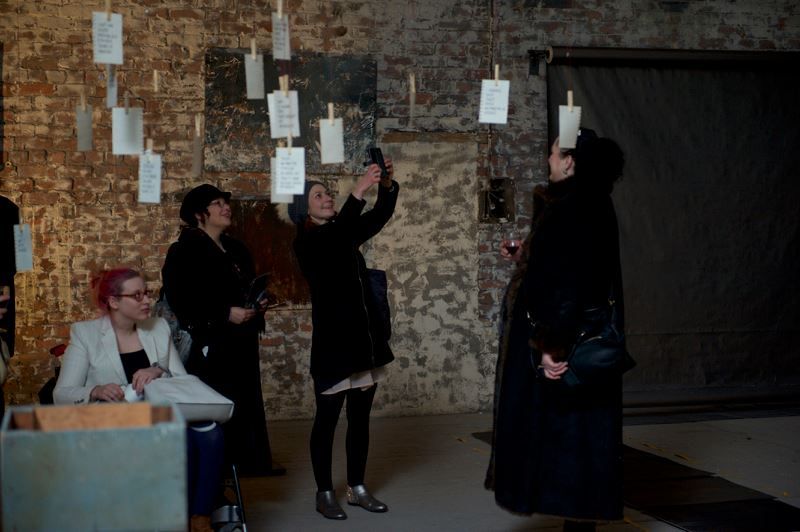
Credit: Kevin Newbold
Even though her usual working practice has been disrupted by COVID, she plans to retain its essential elements, adapting to create a different form. There is a plan to use the Aga that has produced countless meals, to produce food which will be distributed to those who would have attended the communal meal she had initially planned. The focus of her residency though, will be to map the evolution of diversity and inclusive terminologies. She says, “Going from how it all started with The Other to politically Black, to BAME to BIPOC to POC, to nowadays what I keep seeing is Black and The Other.”
“I’m hoping to look at reports and academic texts to understand the etymology, the meanings behind all of these terminologies, how they came about, and what they were used for initially.”
“I saw the term, ‘Black and Other’ used in a race equality training session after Black Lives Matter. I think it’s problematic. I think we’ve come full circle now because the use of the term The Other, is an act of othering in the word and the use of it. I’m not particularly fond of these terminologies and I want to really understand and share the understanding with other people in an easier format, (in) text paintings. I’d like to collate all those text paintings into a zine, which will then find a way to distribute it.”
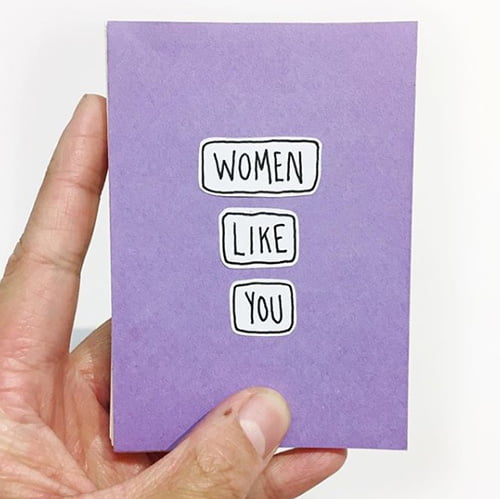
Central to her working method is kindness. In her practice she brings together people from art and non-art backgrounds, people who have shared values and an intention to make change, “Having people who are kind with warm hearts and cold eyes around the table is really important. I’m not one for call out culture. I like to check in and I appreciate working with people who have the same values as me. My plans are to bring together a group of people who want to make change rather than those who are fixated on talking about what’s wrong but won’t follow their words with actions and won’t acknowledge representation unless they personally benefit from it.”
Sufea credits this approach to the influence of Professor Griselda Pollock who taught her during her masters at the University of Leeds. She showed her how kindness and intellectually rigorous challenge don’t have to be mutually exclusive, “Leeds was a place where I really developed as a person. And I’ve brought that back to Liverpool.”
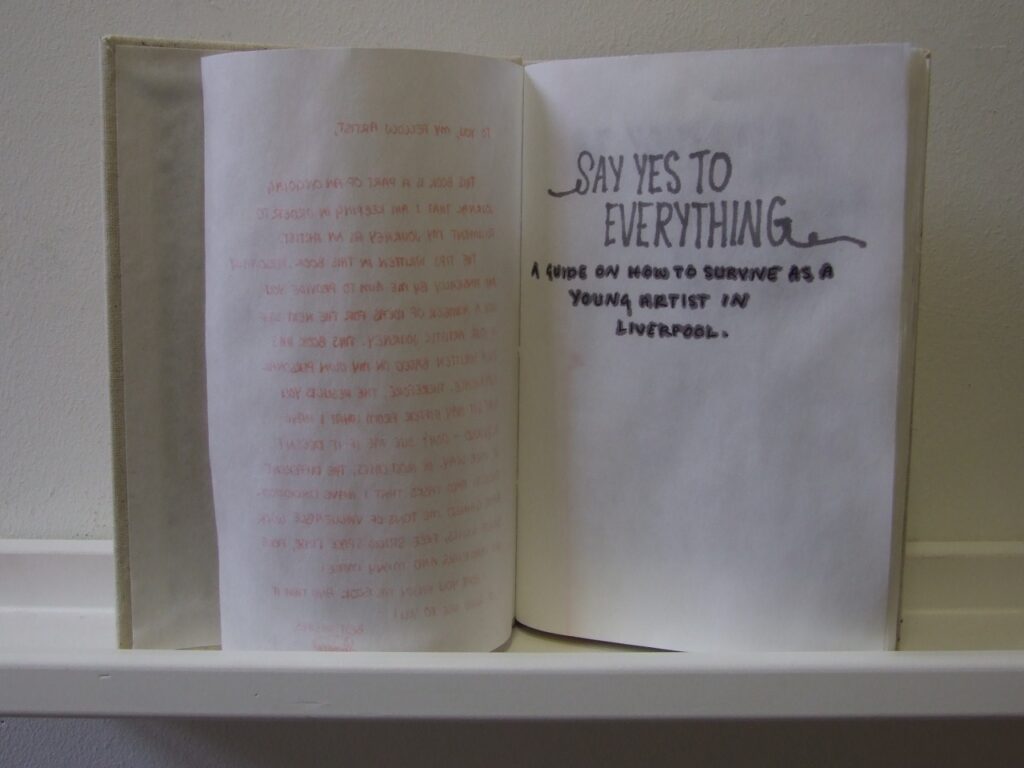
In an early work, Say Yes To Everything: A Guide On How To Survive As A Young Artist In Liverpool [2013], Sufea created a survival manual for young artists based on her experience – the advice, as the title suggests, was to say yes to everything. Now, Sufea is at a point in her career where she is becoming more selective and beginning to refine her work. This residency will give her the opportunity to focus her practice and as she says, “Be a bit more vulnerable a bit more raw with my personal thoughts and feelings.” It’s also time to focus her priorities as an artist, “We should all play to our strengths and we should own who we are so that you can be your best self and make your best work.”

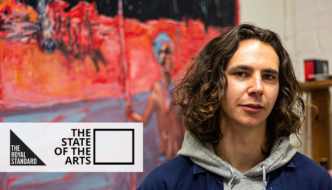
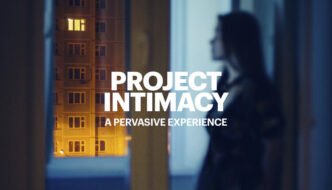
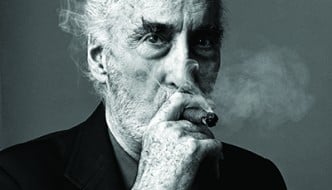
Comments